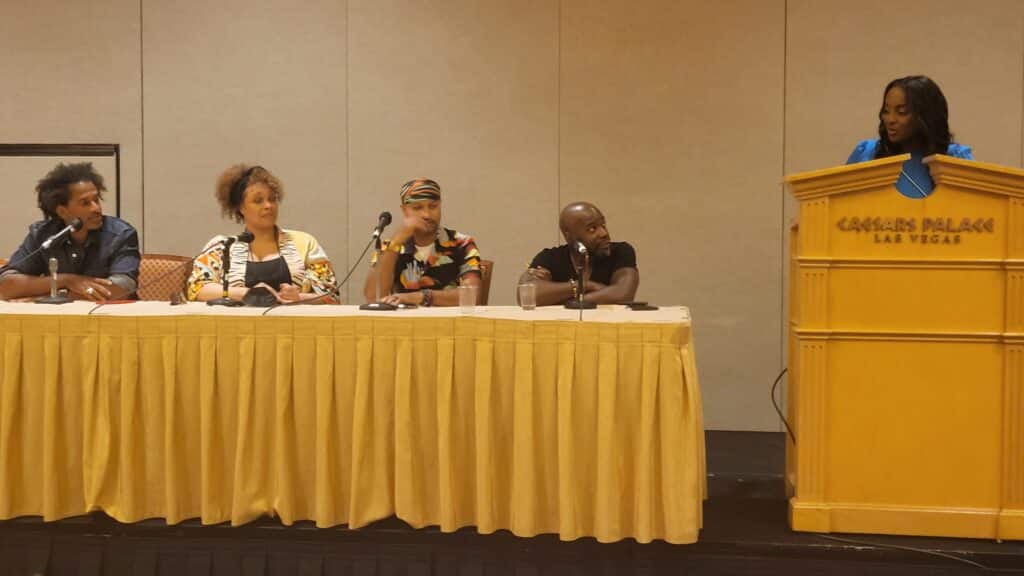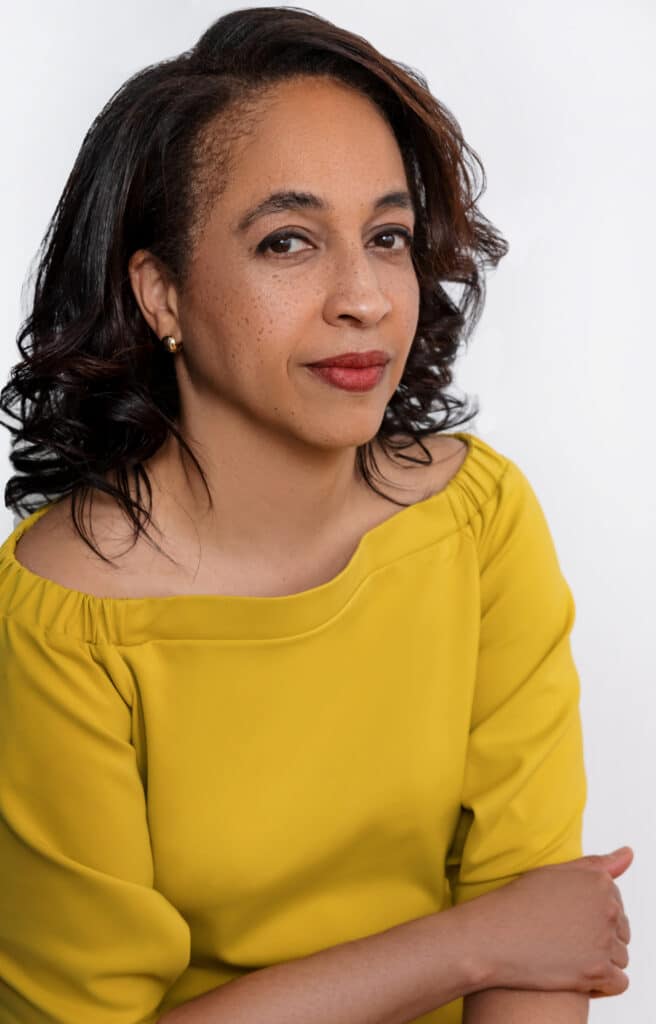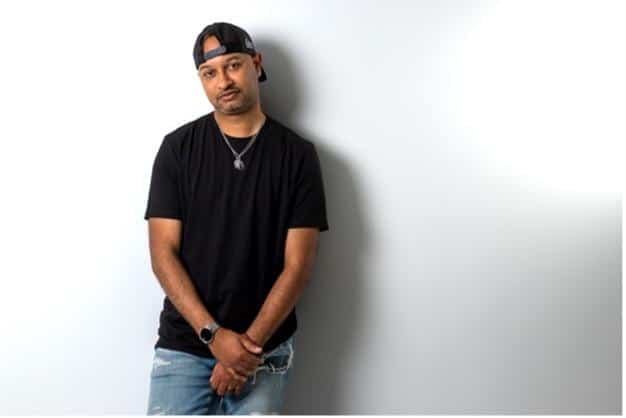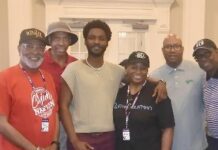
*The National Association of Black Journalists recently held its annual convention in Las Vegas. The 47-year tradition not only affords those in mass communications the ability to network with like-minded peers from across the nation but also provides a plethora of information regarding the ever-changing and expanding landscape upon which black journalists are expected to not only compete but thrive.
In many circumstances, audience insight, sufficient resources and technical know-how are what separate those outlets that are flyby night from those that have staying power.
EURweb, having been around since 1997, has witnessed many online portals of black culture come and go over the years.
TheGrio, founded in 2009 as a subsidiary of NBC News, despite having changed ownership repeatedly since then, has maintained a high level of editorial excellence while continuingly growing its audience year after year.
OTHER NEWS ON EURWEB: Sesame Place to Come Up with Comprehensive Initiatives to Deal with Racism Allegations | VIDEO

EURweb had the chance to sit down with Geraldine Moriba, TheGrio Senior Vice President of News & Entertainment, and Panama Jackson, known by most as a columnist and commentator with VSB (Very Smart Brothas) at The Root, along with former partner Damon Young. Jackson is currently at theGrio leading the ‘Dear Culture’ podcast.
EURweb: Please talk to me about the importance of black outlets, telling black narratives from a positive and forward-thinking perspective.
Geraldine Moriba: At theGrio, we’re trying to be a reliable and consistent source of information and news for the black community. The reality is we don’t fit into a box. We’re varied and different and not we’re the same, but the way our cultures and lived experiences are often presented in media doesn’t reflect the range and depth, and brilliance of Black people.
So what we are doing is changing that paradigm by creating a place by us, for us, where we can tell our stories effectively, from our own perspectives, and our perspectives are as varied as the people who are helping us tell those stories.
EURweb: Ideally, the more the merrier is my take when it comes to black media outlets. However, that comes with all of the ins and outs of capitalism; buying and selling of properties, mergers, and so forth. What do you have to say about how that process sometimes changes a property editorially and quality-wise?
Geraldine Moriba: TheGrio has been around for a while. If you look at theGrio’s website today, you will see really high-caliber stories. There are stories about news, politics, movie stars, and entertainment, we’re not trying to be in one lane or one beat. We’re definitely not trying to be the black TMZ, we’re definitely not trying to create clickbait, we want to be that destination where people come and specifically start to reclaim and identify their lived interests in our reporting. I can’t say that the business model will impact the quality of our journalism.
I’m sitting with one of my colleagues, Panama Jackson, and I don’t think that Panama has ever written a piece for theGrio that I was uncomfortable with or embarrassed by. I might not agree with some of the points.
Panama’s take on culture is sometimes a little bit off, there are certain songs that he loves that I just don’t understand, and I’m sure that he’d say the same thing if he were to look at my playlist.
Panama Jackson: I think all your choices are amazing.
Geraldine Moriba: We’re having fun and doing the best we can, and I do believe that it’s reflected in the content we’re currently putting out there.
EURweb: Panama, you’re known best as a writer who sometimes some controversial takes on black culture, transitioning to your podcast, how do you maintain your voice from a quality and comedic perspective without sounding like you’re jumping on somebody else’s train?

Panama Jackson: I guess the simple and complicated answer to that is, I respect the ability to do it in the first place. I respect the fact that I have built a platform and it’s enabled me to have an opinion that people can either enjoy or disagree with. Yell at me about, but also, have drinks with me about. And the podcast base makes more sense to me.
This is an opportunity to have those exact same takes, but with other people and in a conversational way. I’m a Black dude who writes his opinion down to try to get people to talk about it, over and over again, right.
I also grew up in a barbershop and around a lot of black uncles, and aunts, too. Southern, at that! So, podcasting is not something I am brand new at, I’ve had a podcast for years. The ability to do it at theGrio and doing it for your culture, that’s something I already had a passion for, and just giving it my own little flare.
Hopefully, people can enjoy it and come back. Hopefully, they like what they hear. If they want to yell at me about it but also have drinks with me about it. If they want to yell at me, my social media is everywhere.
EURweb.com: A while ago, Desus and Mero, a very good team, broke up. You were a very good team with Damon Young for Very Smart Brothas at The Root. What does it feel like, after being a duo for so long, to now be doing separate things?
Panama Jackson: “The whole Desus and Mero thing was sad for me because I enjoyed their content and I enjoy them together. But, you know, business is business. I feel like there was a business decision that came between them.
One of the reasons Damon and I never had that issue is because we decided, upfront, that we were not going to let the business side be a problem. Damon and I are as close as we’ve ever been. He’ll always be my brother. He knows things about me that I don’t want anybody to know, and vice versa.
By the time Damon and I left The Root, we kinda realized that we had run our course with what we were doing. When I left and came to theGrio, it felt like the right move. What we built is in the rafters. It’s time to hang up our jerseys.
It’s time to move on. There’s no love lost. I couldn’t be prouder or what Damon does, and he couldn’t be prouder of what I’m doing.
We’re never going to have that acrimonious story that, unfortunately, Desus and Mero have because we want each other to win individually as much as we want to win as a team.
EURweb: What are some of the things that you all see on the horizon and from a media perspective that will help us all get out black media and black culture better, whether from a digital, audio or video perspective, moving forward?
Geraldine Moriba: I think there has to be an acknowledgment that people consume information in different ways. Our legacy is journalism, and that’s our website and, quite frankly, we still get a lot of people on our website.
We’re averaging about 7.4 million people a month to our articles. We’re not putting that away, but the fact that there are entire generations of people who don’t get information that way which is why we created a mobile app.
Then, there are entire generations of people who still watch cable and last week theGrio (Allen Media Group) bought BNC (Black News Channel). I think that anybody who is entering the media space needs to think about digital properties and with understanding that your target audience will be a part of where you exist.
So, for podcasts, right now the reality is black people overindulge in the podcast space. Not by a little bit but by a large margin.
In fact, the really interesting thing about podcasting is that when black people hear something via audio from a podcast, they retain it because they’re really, really listening.
That’s significant. So, if you’re a storyteller and you want to resonate with an audience that happens to be listening, podcasts are a great place to tell those stories. People are engaged!
I was telling this story earlier, Panama did an episode of Dear Culture that was about the 10 Blackest Songs of All-Time and some of them were good. But there were others that I wouldn’t put on my list, and my kids, who are college age, only knew some of the songs.
And they were like ‘where’s this one?’ and ‘what about that one?’ But, my point is, they were listening. We had a whole family debate about it, and it was just with audio. The power of the airwaves, right?
My advice to people who are content creators is to not limit yourself and stay up on media trends. Our mission with theGrio is to reach, hopefully, a global black audience.
Panama Jackson: I have never been so excited to be part of a new space because you never what’s about to happen. Every two weeks, Byron (Allen) wants to buy some new thing to expand upon what we’re all doing. It really feels like anything is possible and the great thing about anything feeling possible is that your possibilities feel endless.
We Publish News 24/7. Don’t Miss A Story. Click HERE to SUBSCRIBE to Our Newsletter Now!





